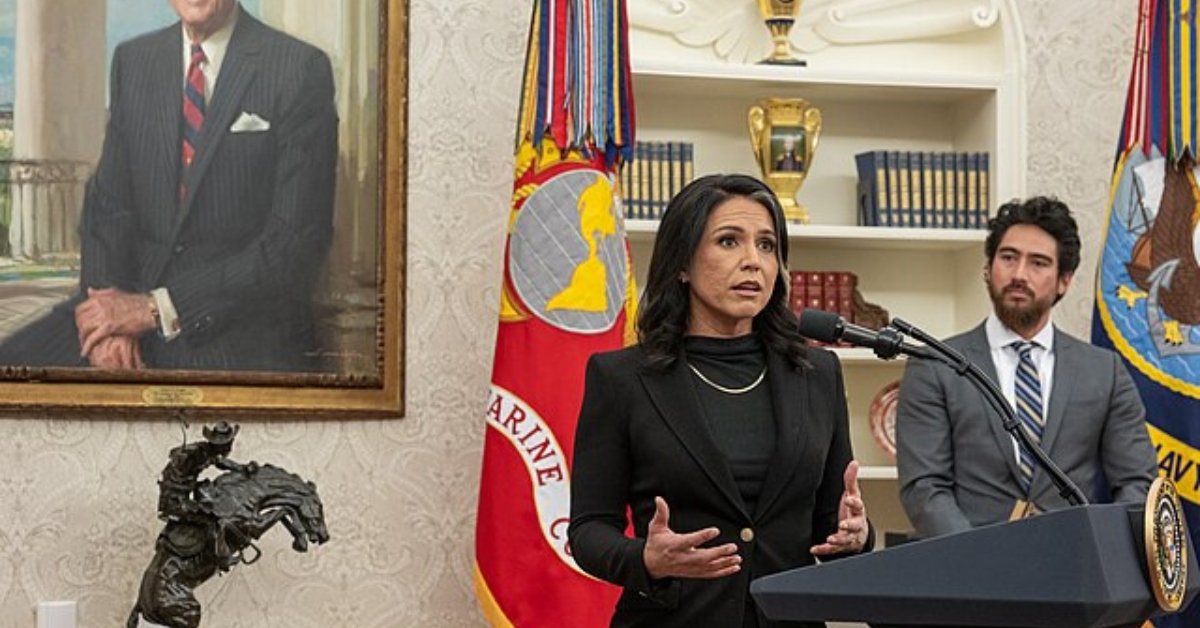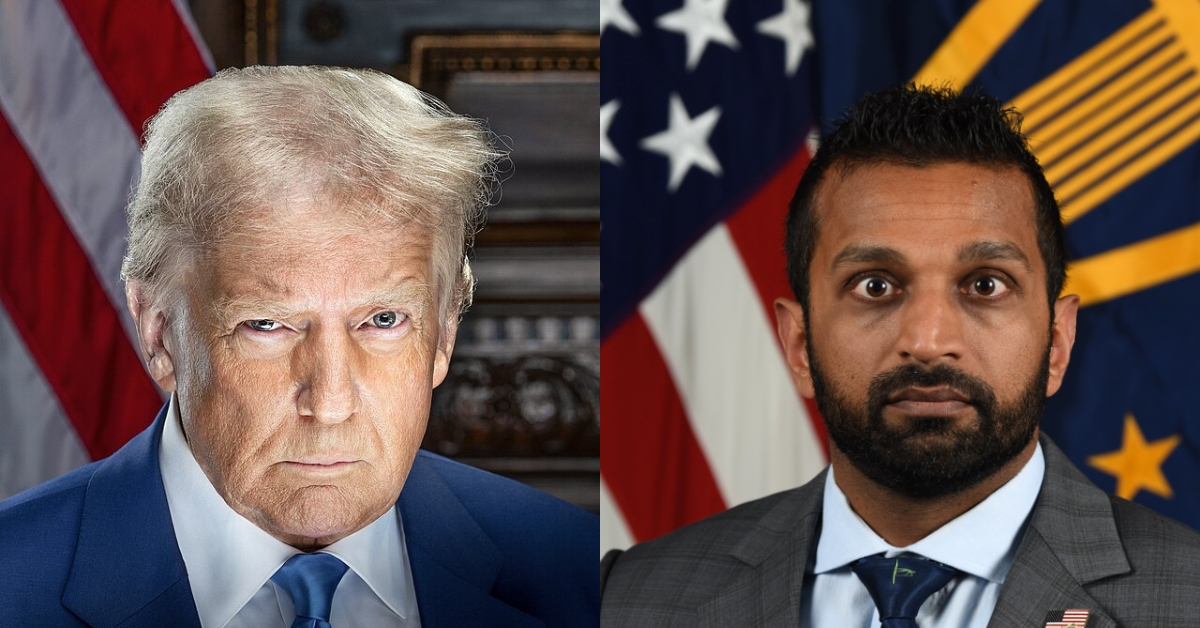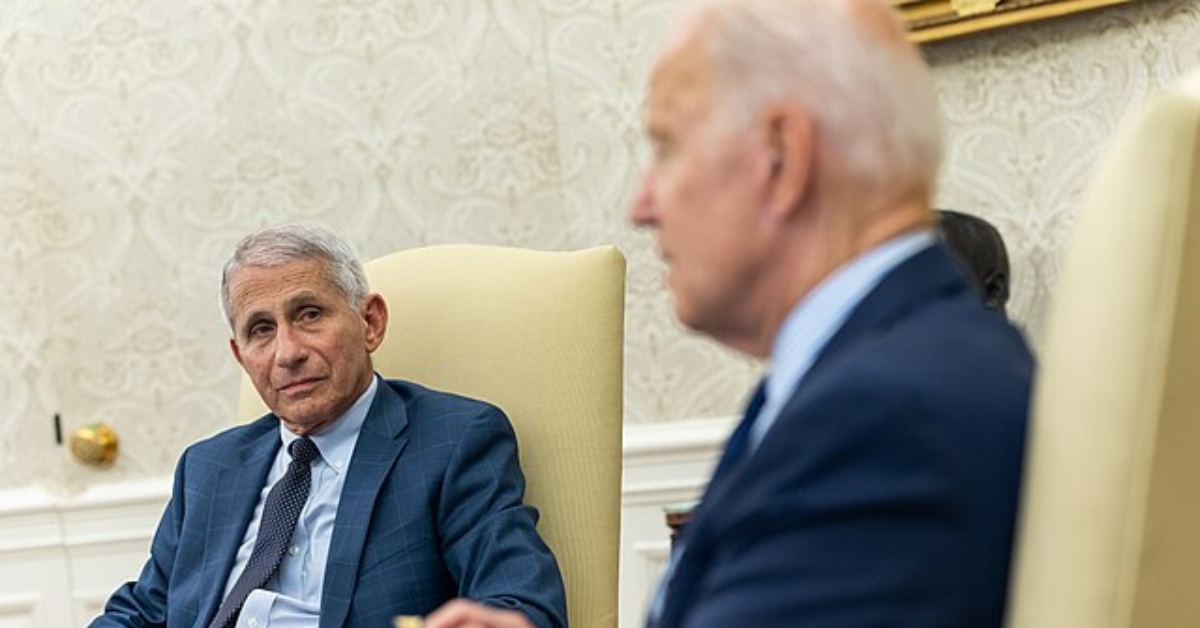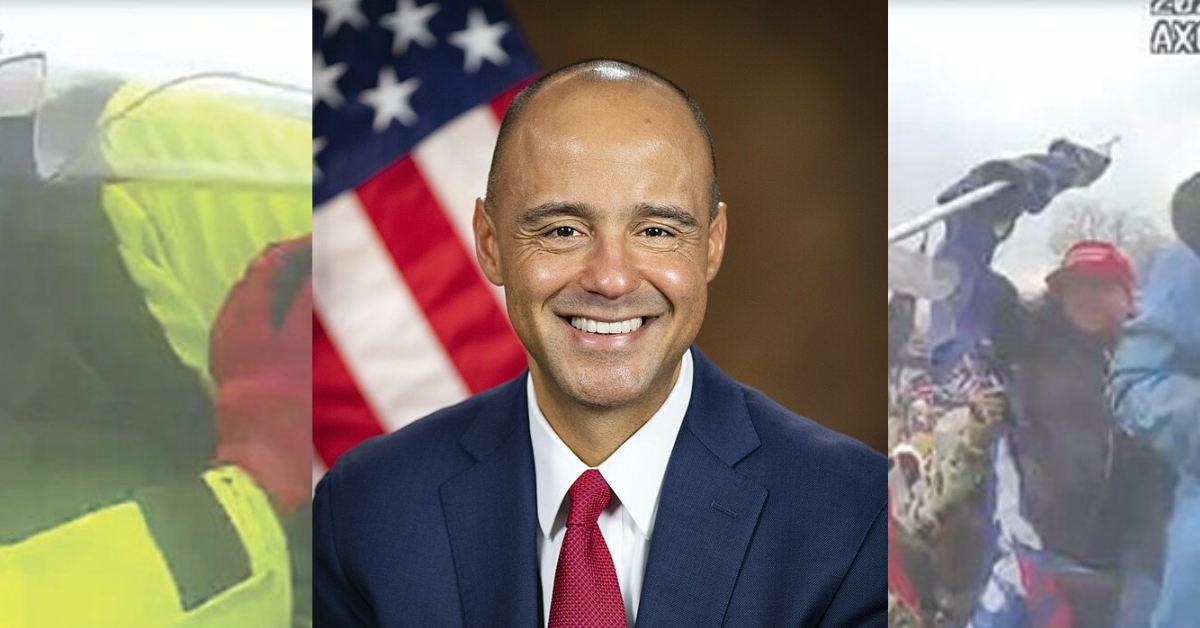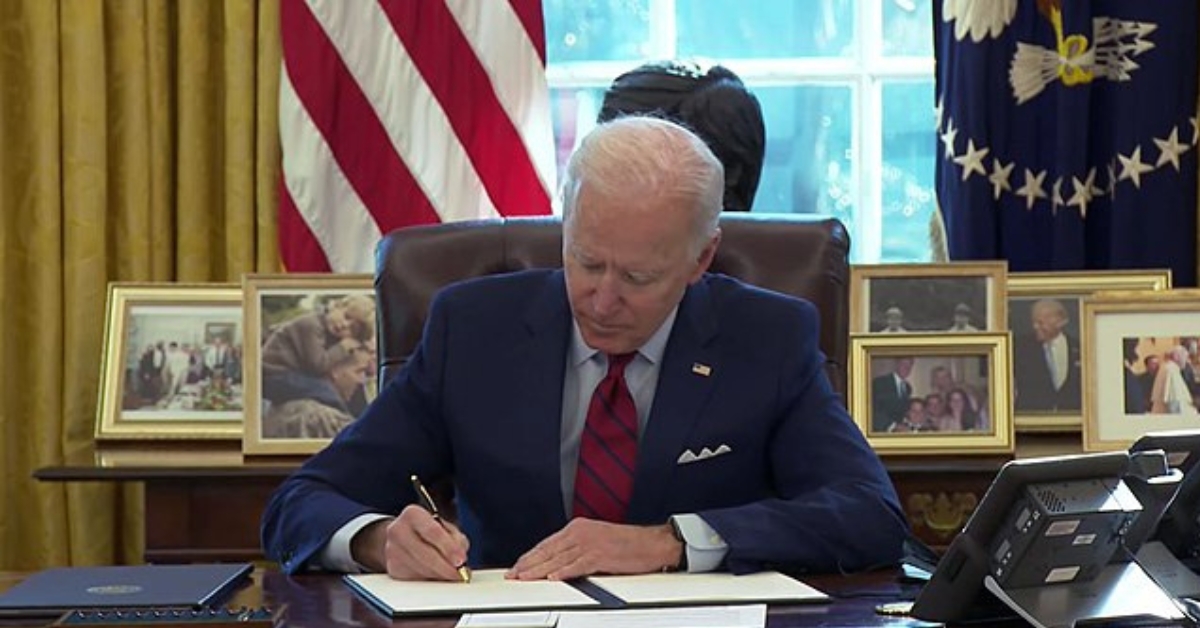
Judge Tosses Charges Against Right-Wing Activists, Cites Selective Prosecution
In a striking blow to the federal government’s selective prosecution practices, a federal judge recently dismissed charges against two right-wing activists, Robert Rundo and Robert Boman; the charges were related to their involvement in a 2017 pro-Trump rally in Berkeley. This decision, rendered by Judge Cormac J. Carney of the US District Court for the Central District of California, highlighted a glaring inconsistency: the prosecution of right-wing individuals while their left-wing counterparts, who engaged in similar or more severe actions, remained uncharged. This discrepancy raises alarming questions about the impartiality of our justice system and the potential for viewpoint discrimination.
Judge Carney’s ruling brought to light the federal government’s failure to pursue charges against left-wing groups such as Antifa and BAMN, despite evidence of their violent attempts to disrupt constitutionally-protected rallies. The judge’s findings underscored a constitutional paradox where the only discernible difference between the prosecuted and the non-prosecuted was their ideological leanings. This situation not only undermines the foundational principle of equal justice under the law but also emboldens groups that use violence to silence opposing viewpoints.
The government’s use of the Anti-Riot Act, a law criticized for its potential infringement on First Amendment rights, to exclusively target members of the right-wing Rise Against Movement (RAM) group, while ignoring the violent actions of Antifa, sets a dangerous precedent. It suggests that the government may be leveraging legal instruments to suppress certain viewpoints, a tactic fundamentally at odds with the principles of free speech and assembly.
The immediate appeal by prosecutors to the Ninth Circuit, resulting in Rundo’s re-arrest, further exemplifies the lengths to which the government will go to ensure the continued detention of individuals based on their political affiliations. This aggressive stance, devoid of a balanced approach to justice, reveals a disconcerting willingness to overlook the violent actions of certain groups while relentlessly pursuing others.
The selective prosecution of right-wing activists, while ignoring the provocations and violence of their left-wing adversaries, represents a disturbing departure from the principles of fairness and justice. Such disparities in the application of the law not only erode public trust in our legal system but also threaten the very fabric of our democratic society. It is imperative that the Supreme Court or higher judicial authorities step in to rectify this imbalance and reaffirm the commitment to unbiased justice for all, regardless of political beliefs.
This case is not merely about the actions that took place at a rally in Berkeley; it is a litmus test for our nation’s dedication to upholding the rule of law equally and without prejudice. The path forward must ensure that justice is blind to ideology, and that the rights to free speech and assembly are protected for all Americans, irrespective of their political stance.
